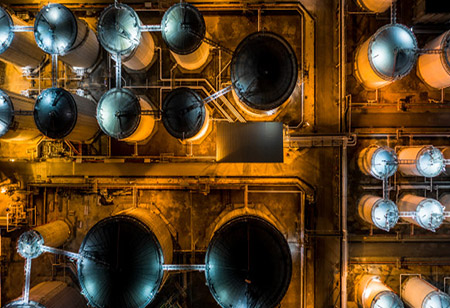Major LNG importers in the country issued force majeure as the sector is facing acute shortage in demand struck by the country wide lockdown. The lockdown has been caused by the coronavirus shockwave which has put all economic operations in jeopardy. Stock markets all across the world are on the verge of major breakdown and have been sustaining for the last two months on the stimulus released by the international banks in the developed economies.
India is the fourth largest importer of LNG and the third largest economy in Asia. A decline in imports owing to the fall in demand is a huge hit to the LNG market itself. A large part of the LNG economy is yielded from the Asian countries. China being in a difficult situation with all the manufacturing stopped and the disease spreading day by day, one can only hope that China regains
its full strength in a short period of time after the crises is over.
Indian government has imposed a 21 day lockdown period on the 130 crore people living in the country in order to prevent the coronavirus outbreak. The lockdown will be put into effect in full force keeping the essential services like grocery, water and medicine open in their usual routines with home delivery compulsory.
Experts have said that this will further endanger the LNG prices on a global scale. With reduced usage in the European and the American countries and now in India, LNG production, imports and exports are under deep trouble.
“Gas demand has reduced drastically and it is likely to go down further,” a source expressed to the media.
“Only fertiliser, power and refineries are running at parcel loads. Other local buyers have already issued force majeure so where should we sell LNG?” the source added.
India’s Gujarat State Petroleum Corp (GSPC) has also issued force majeure notices to its LNG suppliers and has cancelled a buy tender for 11 cargoes, two sources said.
“Performance under the contract with sellers will be delayed due to lockdown ... most of our customers have already sent force majeure to us. Industries like chemical, textile and ceramics that do not qualify under category of essential commodities are closing,” a source at GSPC expressed to media.
